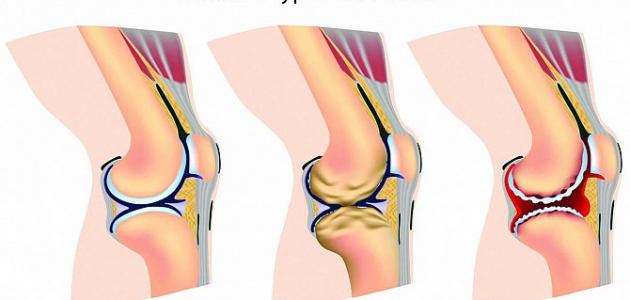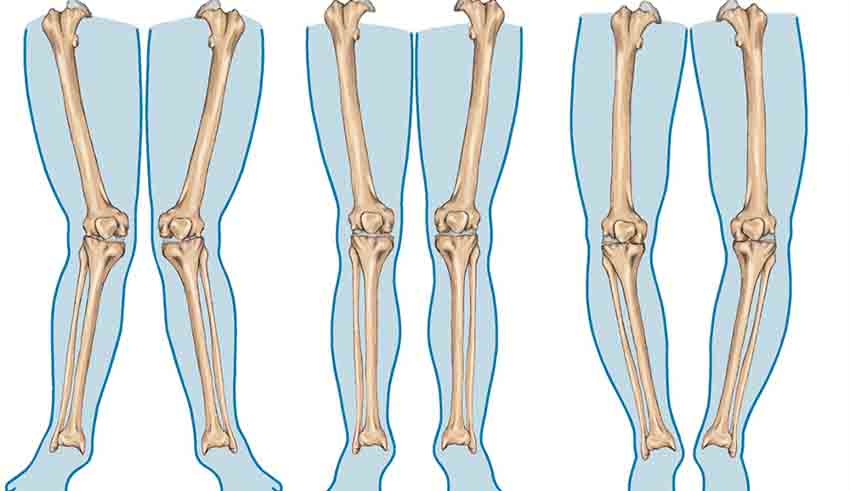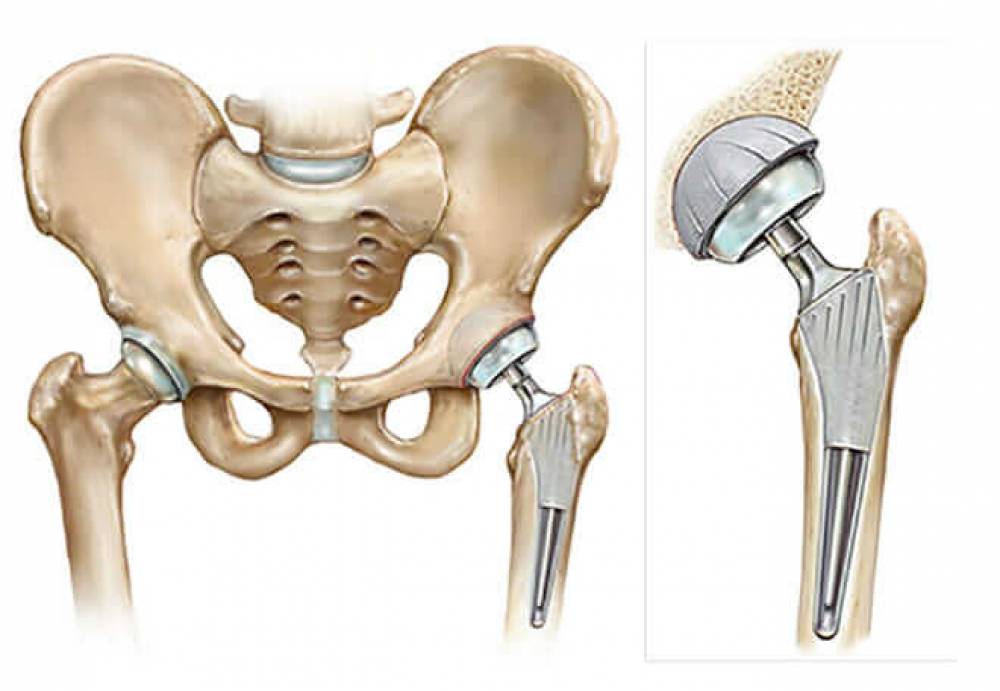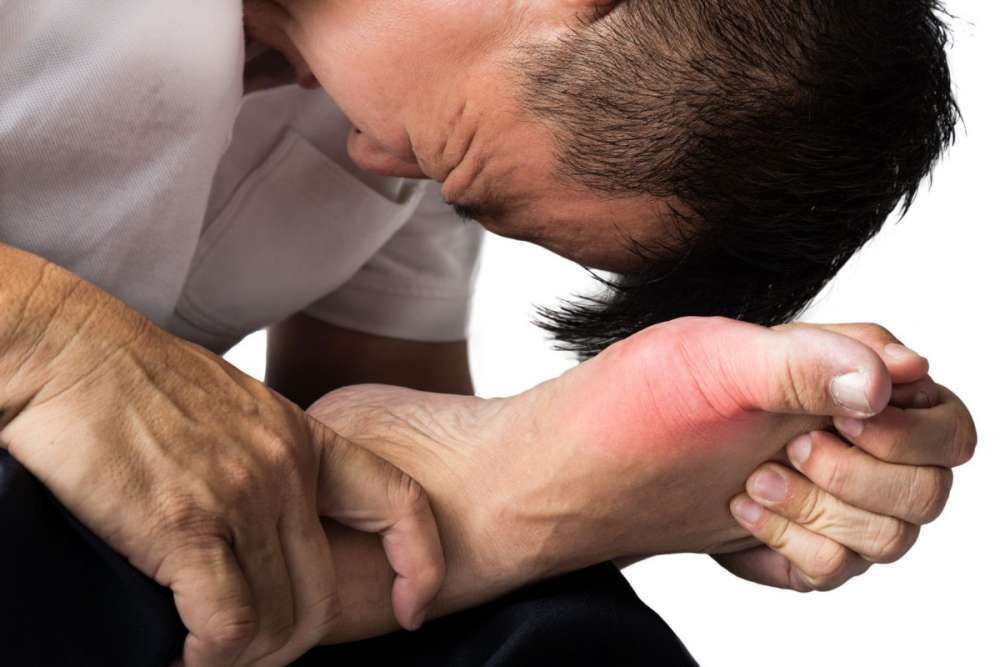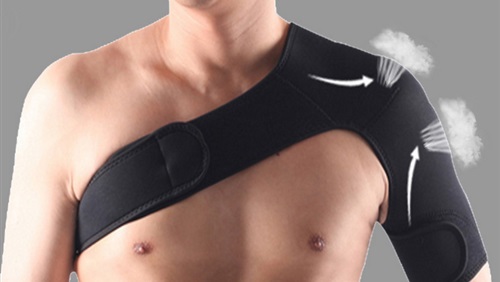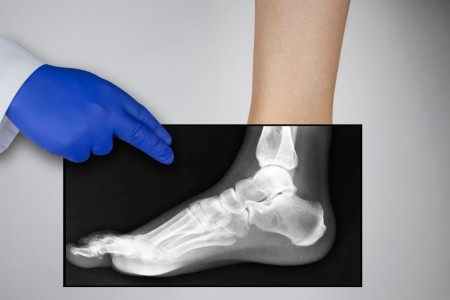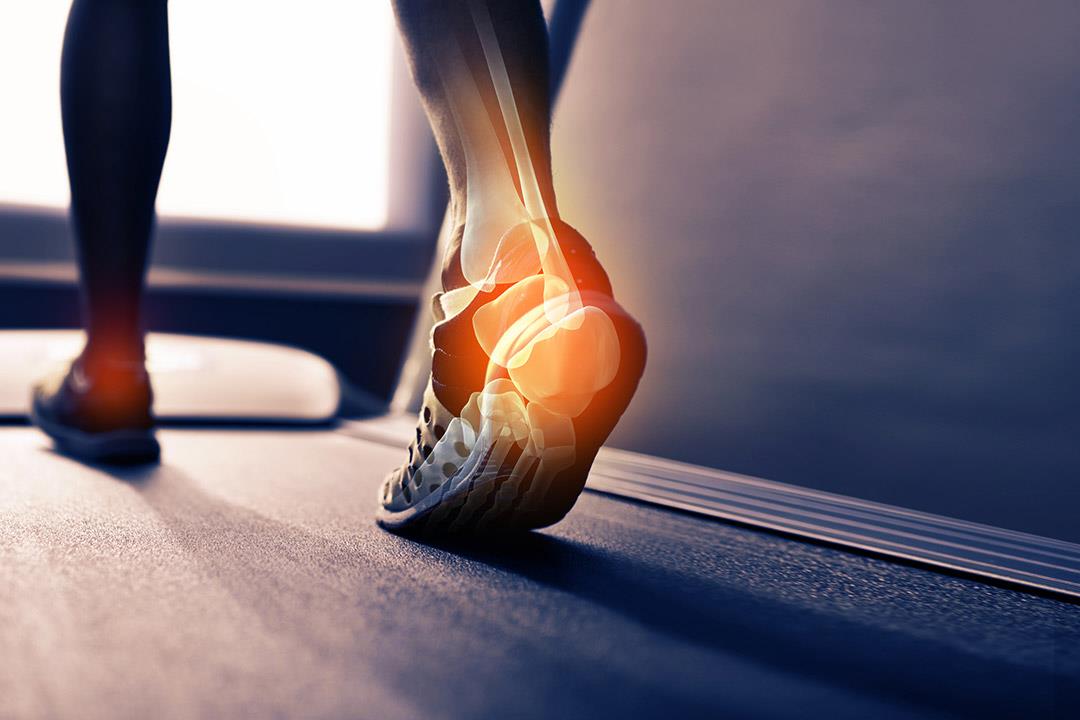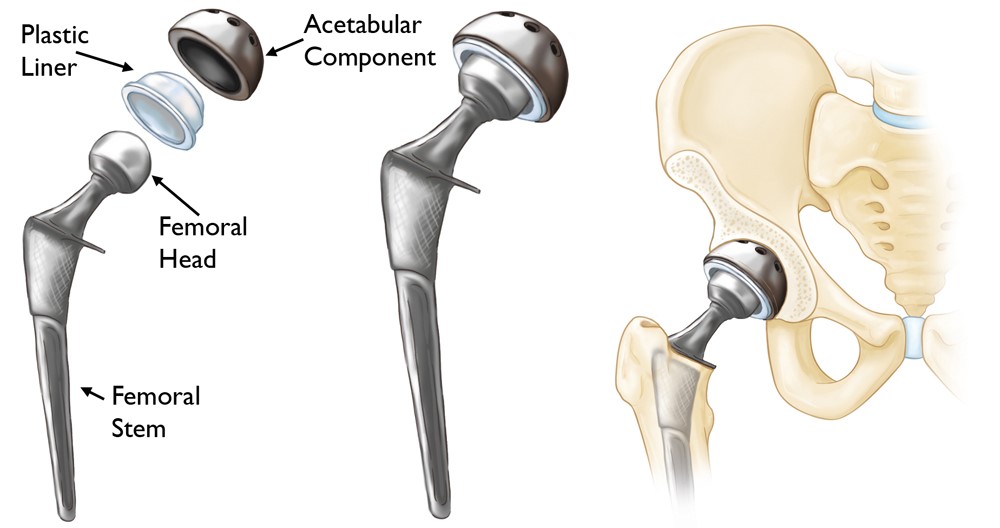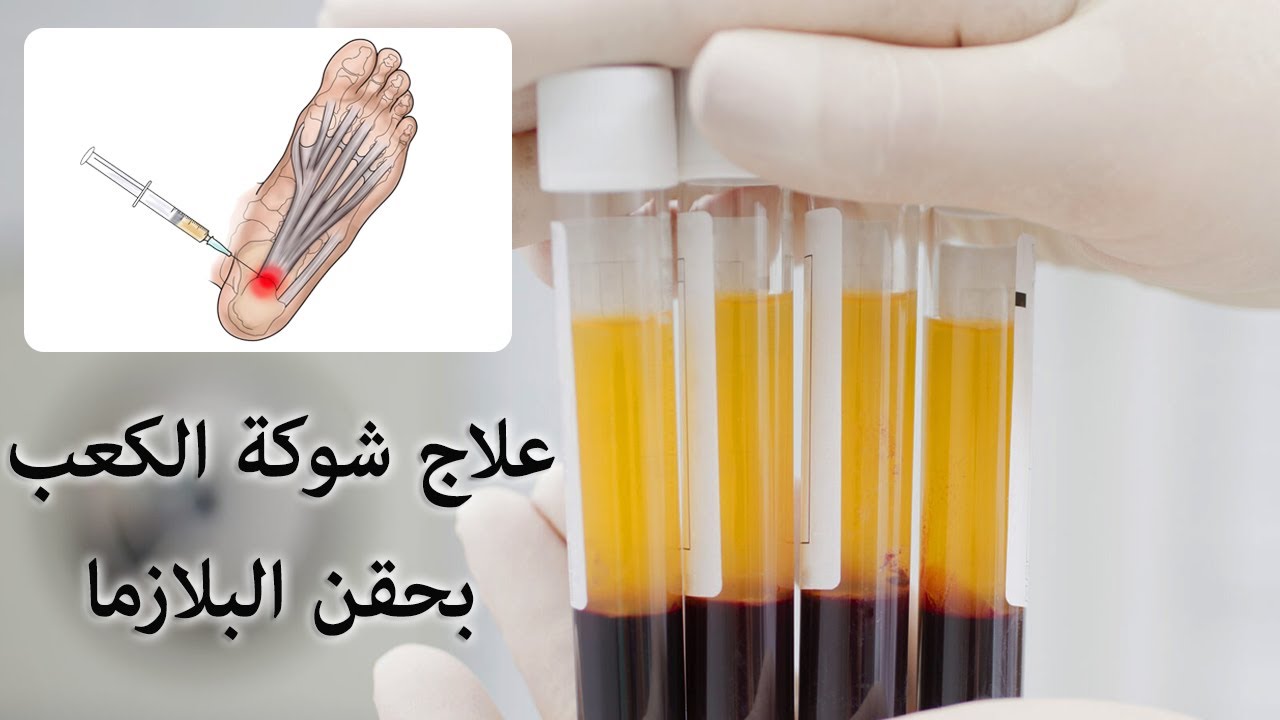Is Surgery the Only Solution for Knee Cartilage Ulcers? with Dr. Amr Amal
Surgery: Is It the Only Solution for Knee Cartilage Ulcers? with Dr. Amr Amal, Many individuals experience ulcers in the cartilage and joints of the body. These are significant symptoms that patients should pay attention to and seek the best treatment method suitable for their condition. In the following article, we will shed light on the concept of knee cartilage ulcers, their main causes, symptoms, and the various treatment methods that are followed. So, stay with us to answer all the questions that may be on your mind.
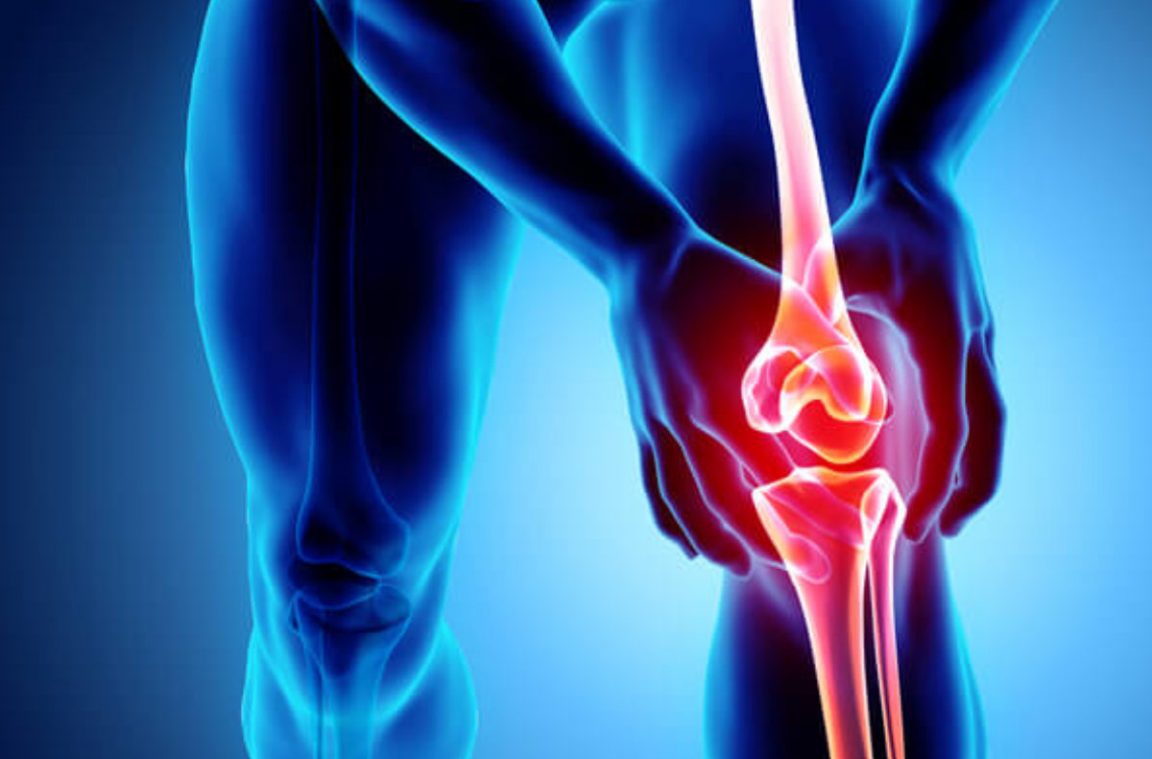
Surgery: Is It the Only Solution for Knee Cartilage Ulcers? with Dr. Amr Amal
“Don’t let knee cartilage ulcers hinder your daily life. Contact Dr. Amr Amal and get the comfort and stability you deserve.”
Certainly, surgery is not the only solution for treating knee cartilage ulcers, but it primarily depends on surgical intervention. If the ulcer is small or moderate, surgical repair is performed by taking a portion of healthy cartilage from another part of the knee that is not weight-bearing and placing it in the area of the damaged cartilage.
There are also cases where surgical intervention is not effective, and natural and pharmaceutical treatment is employed, but this does not cure the ulcer; it only helps reduce the risk of inflammation.
What Are Knee Cartilage Ulcers?
Knee cartilage ulcers are widely spread injuries that result from the erosion and loss of a portion of the cartilage surface in a specific area of the knee joint. In most cases, they occur as a result of a severe impact or a strong knee injury or due to early knee arthritis.
Knee cartilage ulcers are divided into two types: either superficial ulcers, which do not involve the entire cartilage thickness, or deep ulcers, where the entire cartilage thickness is affected, and an area of bone underneath the cartilage is exposed. These ulcers can be very painful, affecting the patient’s ability to walk or perform daily tasks.
Causes of Knee Cartilage Ulcers
There are some causes that lead to the development of knee cartilage ulcers, including:
Early knee arthritis. Inflammation of knee cartilage. Knee fractures. The possibility of having tears in one of the knee ligaments.
You can learn more about knee cartilage ulcers by reading this article.
Symptoms of Knee Cartilage Ulcer
Dr. Amr Amal, a consultant in orthopedic and joint surgery, explains that a person with a knee cartilage ulcer may not experience any symptoms, especially if there is no excessive stress on the knee, such as increased body weight, prolonged standing, or running on hard surfaces. However, in cases with excessive stress, symptoms may appear, including:
Swelling or fluid accumulation in the knee. Difficulty in bending the knee. Feeling of pain similar to that accompanying knee arthritis, with increased pain when climbing stairs or bending the knee. People Prone to Knee Cartilage Ulcers
There is a specific category of individuals prone to knee cartilage ulcers, including:
Individuals with early knee arthritis. Patients who have suffered a strong knee injury but neglected treatment. Athletes, as various sports activities that require significant physical effort, such as basketball and soccer, expose individuals to injuries and violent collisions to the knee. In such cases, ulcers may occur at a young age in the outer part of the knee. Elderly individuals, particularly those aged 40 to 60, and especially those who have taken cortisone medications for extended periods or those with difficulty in blood supply to a specific area of the body, which can lead to knee ulcers.

How to Diagnose Knee Ulcers
The doctor conducts a clinical examination of the patient, in addition to performing X-rays for accurate diagnosis, and sometimes magnetic resonance imaging (MRI) as well. In some cases, individuals with superficial ulcers in the cartilage may not experience any symptoms, and the ulcers may not appear on X-rays. They are most often discovered incidentally during knee surgery.
Ways to Treat Knee Cartilage Ulcers
There are two methods for treating knee cartilage ulcers, which include the following:
- Conservative or Non-Surgical Treatment: Non-surgical treatments are the first choice for treating knee cartilage ulcers. These treatments involve rest, applying ice packs, compression, elevation, taking non-steroidal anti-inflammatory drugs, adhering to physical therapy sessions, losing excess weight, and these treatments may help reduce pain and inflammation while improving the range of motion in the knee joint.
- Surgical Treatment: Conservative treatment has a high success rate in resolving knee cartilage ulcer issues, but many cases may require surgical intervention. There are two types of surgeries involved:
- Stimulative Surgeries: In this type of surgery, the doctor uses arthroscopy to create small holes in the bones beneath the ulcer. These holes stimulate the bones to form fibrous cartilage to fill the ulcer’s space. However, the cartilage formed in this manner is fibrous and lacks the resilience of articular cartilage, making this treatment temporary as the newly formed cartilage may not withstand loads for an extended period.
- Reparative Surgeries: These surgeries are similar to autologous chondrocyte implantation, where the doctor attempts to fill the ulcer with articular cartilage by patching the ulcer with specific tools. These tools extract articular cartilage from other areas of the knee that do not bear weight and secure it in place within the ulcer.
“Prepare for an innovative treatment experience for knee cartilage ulcers with Dr. Amr Amal, who offers modern and advanced techniques to improve the health of your knee.”

What Foods Build Cartilage?
There is a group of foods that greatly contribute to building cartilage, such as:
- Leafy Green Vegetables: Vegetables like broccoli, spinach, and parsley contain carotenoids, which are antioxidants that help prevent damage caused by free radicals. They also reduce cartilage degeneration and contribute to its reconstruction because they contain magnesium and calcium, essential for joint and bone protection and strengthening.
- Bone Broth: Bone broth supplies the body with essential animal collagen needed for cartilage rebuilding and repair, protecting it from degradation. It contains two primary proteins, glycine and proline, which the body can use to create them. Adequate protein intake is essential because a deficiency can lead to body malfunction and cartilage weakness.
- Legumes: Consuming legumes provides the body with anti-inflammatory properties that reduce problems associated with cartilage. They also contain proteins that help in cartilage rebuilding. Additionally, legumes contain lysine, which is one of the essential amino acids necessary for cartilage formation.
What Vitamin Strengthens Cartilage?
Vitamin C: Vitamin C significantly aids in enhancing collagen production and cellular healing, contributing to cartilage rebuilding and protection from degradation. You can obtain it by consuming kiwi, oranges, citrus fruits, red bell peppers, and strawberries.
Vitamin D: Dr. Amr Amal, a specialist in orthopedic and joint surgery, recommends that individuals consume approximately 600 International Units (IU) of vitamin D daily. This is because vitamin D plays a crucial role in preserving and protecting cartilage from degradation. Sources of vitamin D include dairy products, fish, eggs, soy milk, fatty fish, and mushrooms.
Knee Ulcer Surgery Cost
“The costs of knee ulcer surgery can vary depending on the additional procedures performed by the doctor and the surgical approach. It also depends on the skill and expertise of the surgeon, the tools used in the procedure, the level of the hospital where the patient undergoes the surgery, and the level of care received.”
Can Knee Cartilage Regrow?
Numerous research studies have shown that the structural composition of collagen in cartilage remains permanent, and there is no possibility of healing and regrowth of cartilage after the human body stops growing.
Knee cartilage has a low rate of turnover and repair because cartilaginous tissue lacks blood vessels. Each part of the body requires a sufficient supply of oxygen-rich blood for repair and renewal, and cartilage lacks this supply. However, it cannot be definitively stated that knee cartilage cannot be repaired or regrown because there are many surgical procedures that aim to stimulate bones and force them to generate new cartilage.
Can You Live with Knee Cartilage Degeneration?
Knee cartilage degeneration is a common issue among many individuals that affects their mobility and causes pain. People can cope with it by following certain guidelines, including:
Engaging in exercise and physical activities that strengthen the muscles surrounding the knee.
Maintaining a healthy and ideal weight because excess weight increases pressure on the joint, leading to increased pain and deterioration of the condition.
Taking pain-relieving medications and adhering to physical therapy sessions.
Does Walking Affect Knee Cartilage?
Walking does not have a detrimental effect on knee cartilage, provided it is done correctly without carrying any additional weight during walking and maintaining a healthy and balanced diet. Walking can help with weight loss, reducing the load and pressure on the knee, as well as promoting joint movement and enhancing blood circulation.
Best Doctor for Knee Cartilage Ulcer Surgery
Dr. Amr Amal is a specialist in orthopedic and joint surgery and is considered one of the top doctors in the field of knee cartilage ulcer surgery in the country. Dr. Amr Amal is renowned for his high level of experience and skill in knee cartilage ulcer surgery. He holds a board certification in orthopedic and knee surgery and has performed numerous successful operations in this field.
The process of knee cartilage ulcer surgery performed by Dr. Amr Amal involves several important steps. It begins with evaluating the patient’s medical condition and conducting radiological examinations to determine the extent of cartilage damage in the knee.
Based on the assessment and diagnosis results, Dr. Amr Amal develops a customized treatment plan tailored to the patient’s condition. The treatment of knee cartilage ulcers is individualized, and it may involve surgical repair or replacement of the damaged cartilage.
Dr. Amr Amal utilizes the latest medical techniques and tools in his surgical procedures. He is committed to applying safe and innovative surgical practices to ensure effective results and minimize possible side effects for the patient. Dr. Amr follows up with the patient after surgery and provides continuous monitoring to ensure proper and healthy knee recovery. He ensures personalized care for patients and offers the necessary support throughout all stages of the surgical process.
Dr. Amr Amal is known for his professional ethics and dedication to patient care. He works in a friendly manner and goes above and beyond to make the patient’s experience positive and comfortable.
In conclusion, Dr. Amr Amal is a trusted choice for performing knee cartilage ulcer surgery with a high level of competence and professionalism. He provides exceptional care and the necessary support for patients to achieve successful recovery and improve their quality of life.




